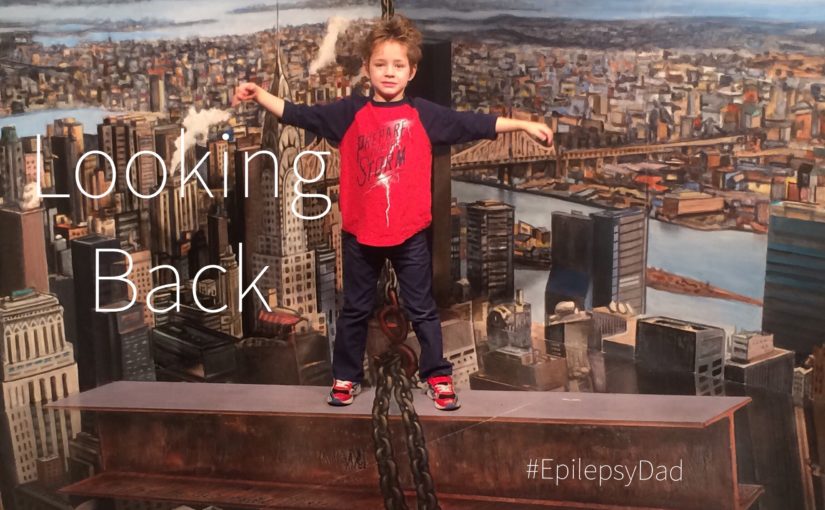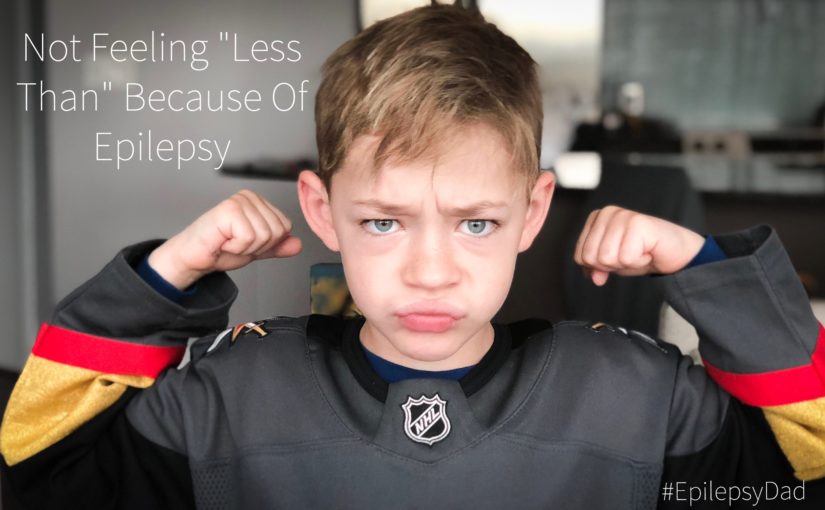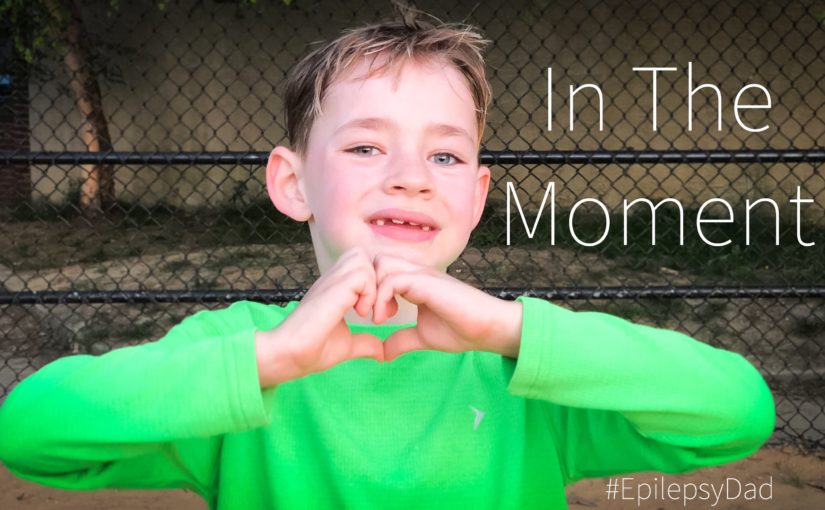We had a friend over recently and showed her a video from one of my son’s baseball games. We streamed the movie from my Google Photos account through my phone on to our television. Once the video was done, I pulled up another video from the library because most of the pictures and videos from my son’s entire life are stored there. We watched a silly hockey battle video we made when my son was two. A video of our family sledding in the Rocky Mountain National Park when from when we lived in Colorado.
Using these devices and technology, we don’t have to remember anything because they remember everything for us. We can type a word in to a search bar and pull up a list of memories. We can replay our lives in sequential order in a level of detail that was unimaginable even a few decades ago. Now, our lives can flash before our eyes a`t the push of a button.
Sometimes when we look at these memories, it’s like my son is seeing them for the first time. Years of his life are covered by a thick fog. Sometimes he can make out shapes if he tries hard enough, but mostly it’s just a blur. He likes seeing the videos because he likes the idea that he did those things. Meeting a football player. Getting high-fives from hockey players on their way on to the ice. Seeing the world from the top of the Empire State Building. But they’re in a convoluted state somewhere between first person and third person, but not quite either.
While it’s amazing to have these memories so readily available and the ability to look so far back into our lives, it’s also a curse. It means we can never forget those things that we might want to forget. When Google Photos or Facebook offers up a memory, they can sometimes be painful. Like the time he was in status for days and we almost lost him. Or the time he was toxic on a medicine and couldn’t move his body for two days. Or they can be reminders of a time before my son was diagnosed with epilepsy that forces me to reconcile that there was a before and that there is an after.
I’m glad that he will have the digital versions of his memories so that he knows we did everything we could to make his life special. I want him to be able to look back and know that, even though his life was sometimes hard, we didn’t let epilepsy stop us from living our lives. And, even though some of the memories can be hard, I’m grateful we have them, too. Because they also serve as a reminder of how far we’ve come.


